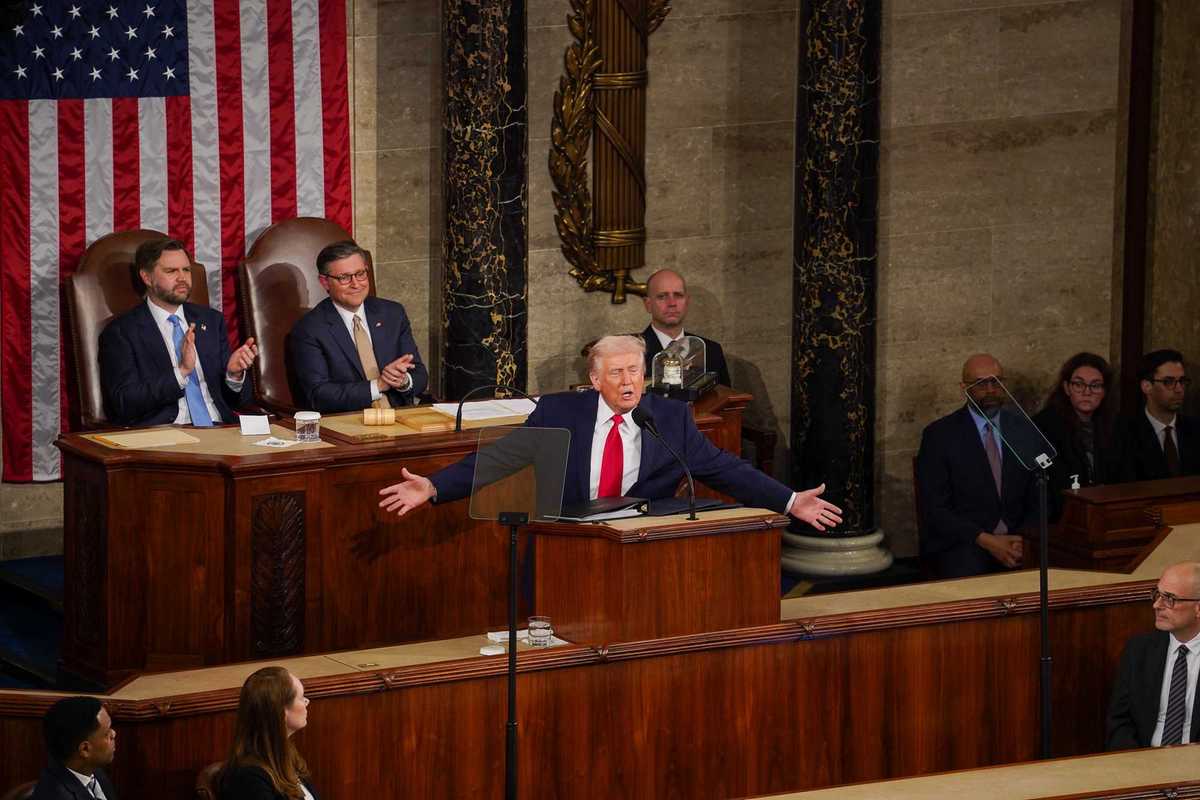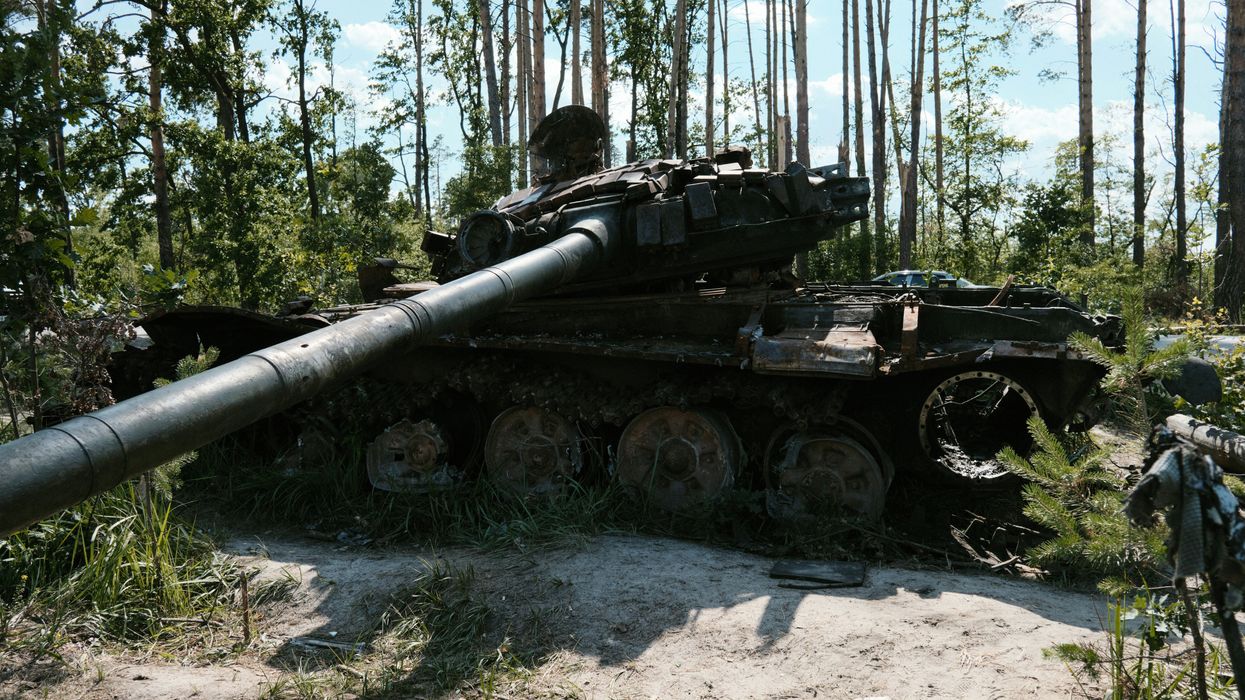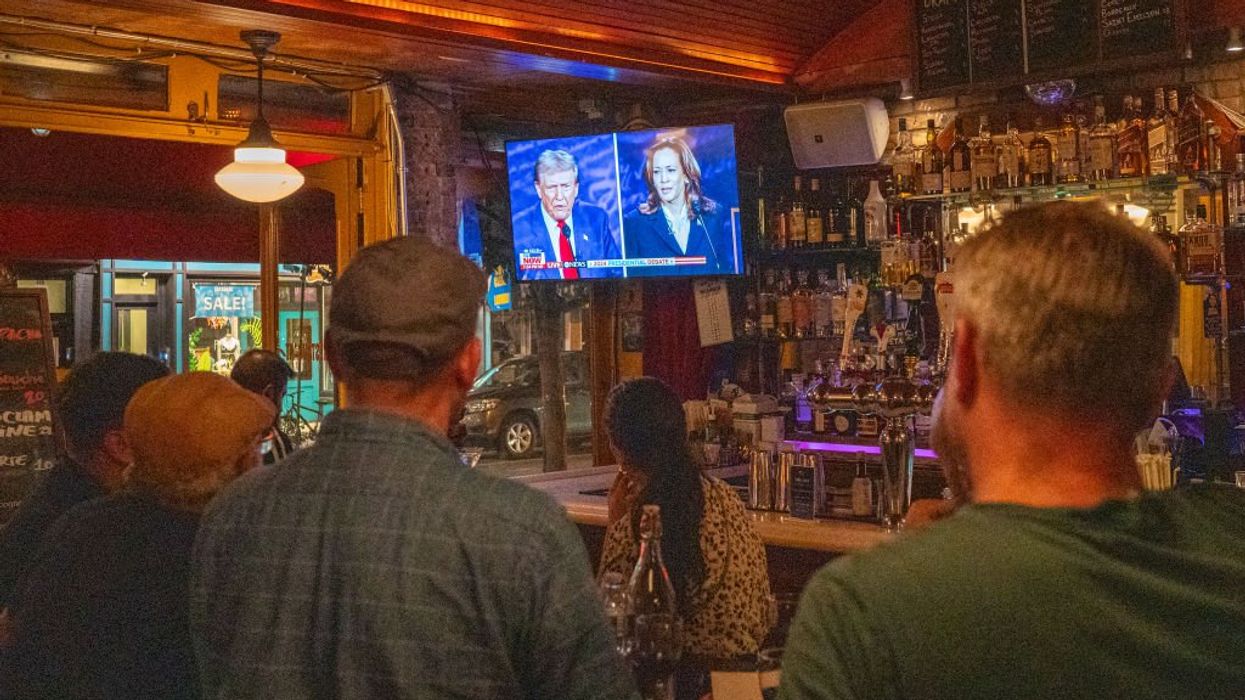Russian President Vladimir Putin has cast doubt on the feasibility of a U.S.-proposed 30-day ceasefire in Ukraine, arguing that such a truce could provide Kyiv with an opportunity to regroup and acquire additional military aid from the West. Speaking at a press conference in Moscow, Putin emphasized that any cessation of hostilities must be accompanied by firm assurances that Ukraine will not use the pause to bolster its military capabilities.
He further insisted that Western nations must halt military assistance to Kyiv if they are genuinely committed to securing a ceasefire. The proposal, which has been floated by U.S. President Donald Trump’s administration, comes at a critical juncture in the ongoing conflict, with both Russia and Ukraine engaged in intense combat across multiple fronts.
While Trump has expressed confidence in his administration’s ability to mediate a temporary peace agreement, Putin’s skepticism underscores the deep mistrust that continues to characterize relations between Moscow, Kyiv, and Washington. Trump, who has long advocated for a swift resolution to the war, hinted at potential economic repercussions for Russia should it outright reject the ceasefire offer.
To push diplomacy forward, Trump has dispatched U.S. special envoy Steve Witkoff to Moscow, signaling Washington’s willingness to engage directly with the Kremlin. The ceasefire proposal arrives against the backdrop of ongoing military operations, particularly in the strategically important Kursk region, where Russian and Ukrainian forces continue to exchange artillery fire.
While both sides have publicly expressed openness to negotiations, the absence of concrete guarantees has left analysts skeptical about the likelihood of a meaningful pause in hostilities. For Moscow, the primary concern is ensuring that Ukraine does not exploit the ceasefire to receive additional Western weapons and fortify its defenses. From Kyiv’s perspective, any agreement without binding security guarantees from its Western allies would be untenable, as it could leave Ukraine vulnerable to renewed Russian aggression once the ceasefire expires.
The war in Ukraine has been one of the most contentious issues in global geopolitics, with Western nations providing extensive military and financial support to Kyiv while Russia continues its offensive operations.
The Biden administration had previously pledged unwavering support for Ukraine, but Trump’s return to the White House has introduced a shift in U.S. policy. While the Trump administration has not abandoned military aid to Kyiv, its diplomatic approach suggests a greater willingness to engage with Moscow in pursuit of a negotiated settlement. Trump has repeatedly stated that he believes diplomacy can resolve the war. Still, critics argue that his outreach to Russia could embolden Putin and lead to an unfavorable outcome for Ukraine.
Public opinion in the United States reflects the complexities of the situation. A recent Reuters/Ipsos poll indicates that a growing number of Americans are concerned about Trump’s approach to Russia, with many questioning whether his administration is taking a stance that is too accommodating toward the Kremlin. While some voters support Trump’s efforts to end the war through negotiations, others fear that his willingness to engage with Putin could undermine his position and lead to a settlement that fails to hold Russia accountable for its actions. The poll results highlight the political challenges the Trump administration faces as itattempts to navigate the conflict while balancing domestic and internationalexpectations.
In Europe, reactions to the proposed ceasefire have been mixed. Some European leaders view the proposal as a potential step toward de-escalation. In contrast, others worry that any agreement without strong enforcement mechanisms could allow Russia to consolidate its territorial gains. French President Emmanuel Macron and German Chancellor Olaf Scholz have both urged caution, emphasizing that any ceasefire must come with clear commitments from Moscow to respect Ukraine’ssovereignty.
Meanwhile, NATO Secretary-General Jens Stoltenberg has reiterated thealliance’s support for Kyiv, stating that any diplomatic effort must not come at theexpense of Ukraine’s ability to defend itself.
On the ground in Ukraine, the situation remains precarious. Ukrainian President Volodymyr Zelensky has expressed willingness to consider ceasefire negotiations but insists that any agreement must include provisions for long-term security guarantees. Ukrainian officials have also voiced concerns that a temporary truce without a broader peace framework could merely serve as a tactical pause for Russia, allowing its forces to regroup and launch new offensives once the ceasefire ends.
Zelensky’s government continues to push for increased Western military assistance, arguing that Ukraine needs sustained support to deter Russian aggression and reclaim occupied territories.
China’s growing role in the conflict further complicates the diplomatic landscape surrounding the ceasefire proposal. Beijing has positioned itself as a potential mediator, advocating for peace talks while maintaining strong economic and strategic ties with Moscow. Chinese officials have met with representatives from both Russia and Ukraine in recent months, signaling an interest in playing a more active role in resolving the war. However, Western officials remain wary of China's intentions, given its reluctance to condemn Russia’s actions outright. Some analysts speculate that Beijing sees the conflict as an opportunity to expand its influence in global affairs, leveraging its position as a broker between the warring parties.
With U.S. special envoy Steve Witkoff set to meet with Russian officials in the coming days, the next phase of negotiations will be crucial in determining whether the ceasefire proposal gains traction. Diplomatic efforts will likely focus on addressing the concerns of both Moscow and Kyiv while seeking to establish a framework that ensures compliance from all parties involved. However, with both sides demanding significant concessions and deep-seated mistrust lingering, the road to peace remains fraught with obstacles.
For now, the battlefield dynamics continue to shapethe trajectory of the conflict. Russia remains determined to press forward with its military objectives, while Ukraine is equally resolute in its defense. While appealing in theory, the prospect of a temporary ceasefire hinges on whether the international community can bridge the fundamental divisions that have prolonged the war.
Until then, the fighting continues, and the search for a lasting resolution remains elusive.
Imran Khalid is a physician, geostrategic analyst, and freelance writer.




















